The views expressed in our content reflect individual perspectives and do not represent the authoritative views of the Baha'i Faith.
When four police officers shot and killed Amadou Diallo in New York in 1999, it sparked a whole raft of new research about institutional racism.
Diallo, a 23-year-old African from Guinea, pulled out his wallet to show his identification, but the policemen said they thought it was a gun. They fired 41 shots, and 19 bullets hit Diallo—who was unarmed—killing him instantly. A jury later acquitted all four policemen of murder.
Less than a year later, spurred by the global controversy over the shooting, several teams of social psychologists began conducting research designed to measure potential racist attitudes among police officers, and how they might impact a decision to use deadly force in encounters with people of color.
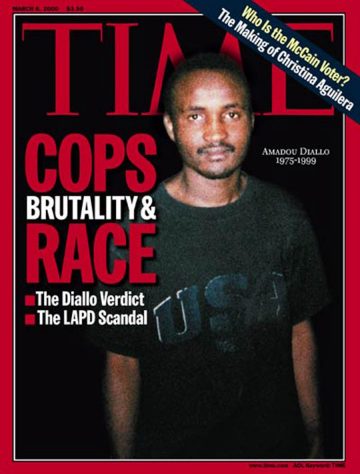 Several experiments used computer and video game simulations to try and determine what goes into the split-second decision-making process the police must often make. “Is it a gun? Is it a knife? Is it a wallet? This is your life,” as Bruce Springsteen famously sung about Diallo’s death.
Several experiments used computer and video game simulations to try and determine what goes into the split-second decision-making process the police must often make. “Is it a gun? Is it a knife? Is it a wallet? This is your life,” as Bruce Springsteen famously sung about Diallo’s death.
In one experiment, police officers and college undergraduates took part in a simulation where they had to make instantaneous decisions about shooting—or not shooting—either black or white targets. The research found that the participants—both cops and students—“shot” the virtual targets more quickly and more often when they had darker skin.
The authors of a similar study said the research provided “powerful evidence that racial stereotypes create associations and expectations that play a role in the sort of split-second decisions that may literally be a matter of life or death.”
Yet another investigation, this one a meta-analysis of many different research studies, conducted at the University of California at Davis, found:
… evidence of a significant bias in the killing of unarmed black Americans relative to unarmed white Americans, in that the probability of being black, unarmed, and shot by police is about 3.49 times the probability of being white, unarmed, and shot by police on average. – Cody T. Ross, A Multi-Level Bayesian Analysis of Racial Bias in Police Shootings at the County-Level in the United States, 2011–2014, PLOS One Research Journal, 5 November 2015.
So, if you have dark skin, your chance of being shot by the police is three-and-a-half times greater than someone with white skin. Let that fact sink in for a moment.
Of course, that’s just one conclusion among many—but many, many studies on this subject found that racial prejudice and bias play a significant role in police shootings. One researcher asked: “How could it be otherwise? If we have prejudice and bias in the general population, then by definition it will extend to the men and women who work as police officers.”
What’s the solution? Well, we can train and re-train our officers. Police forces can hire more minorities. We can require sensitivity and anti-bias classes. We can vigorously prosecute officers who commit crimes while wearing a badge. We can try many of these things, or all of them—but as long as the general population has ingrained racial bias, so will the police.
Baha’is believe that we have to deal with the social illness of racial prejudice at the most basic level—the level of the human soul:
One of the great reasons of separation is colour. Look how this prejudice has power in America, for instance. See how they hate one another! Animals do not quarrel because of their colour! Surely man who is so much higher in creation, should not be lower than the animals. Think over this. What ignorance exists! White doves do not quarrel with blue doves because of their colour, but white men fight with dark-coloured men. This racial prejudice is the worst of all. – Abdu’l-Baha, Abdu’l-Baha in London, p. 55.
Racial prejudice … is unnatural and proceeds from human motive and ignorance. All are the children and servants of God. Why should we be separated by artificial and imaginary boundaries? In the animal kingdom the doves flock together in harmony and agreement. They have no prejudices. We are human and superior in intelligence. Is it befitting that lower creatures should manifest virtues which lack expression in man? – Abdu’l-Baha, The Promulgation of Universal Peace, p. 284.
It takes, the Baha’i teachings say, a spiritual power greater than ourselves to create a racism-free society. It requires “the one power on earth that can transform the copper of human consciousness into the gold of spiritual perception and behavior:”
The tensions, divisions, and injustices that currently beset America are symptoms of a longstanding illness. The nation is afflicted with a deep spiritual disorder, manifest in rampant materialism, widespread moral decay, and a deeply ingrained racial prejudice. As a result, millions of our fellow Americans, subject to systemic injustices in many facets of life, are prevented from making their full contributions to society and of partaking fully in its benefits.
No one is immune to this disorder – we are all members of this society and to some degree suffer the effects of its maladies. That we live in a critical time can be seen in the way essential questions of identity, social vision, and global relations are being raised to a degree not seen in decades. Increasing numbers of our fellow-citizens are actively in search of solutions both moral and practical to answer them.
The resolution to these challenges lies in recognizing and embracing the truth at the heart of Baha’u’llah’s Revelation – the incontrovertible truth that humanity is one. Ignorance of this truth – which embodies the very spirit of the Age – is itself a form of oppression, for without it, it is impossible to build a truly just and peaceful world. – The National Spiritual Assembly of the Baha’is of the United States, February 25, 2017.
Hatred, after all, is the opposite of love—and we need love for all humanity, without bias or prejudice, to transform an entire society, to free it of its accumulated hatreds. In the next essay in this series, we’ll look at how the Baha’i teachings propose to do exactly that.


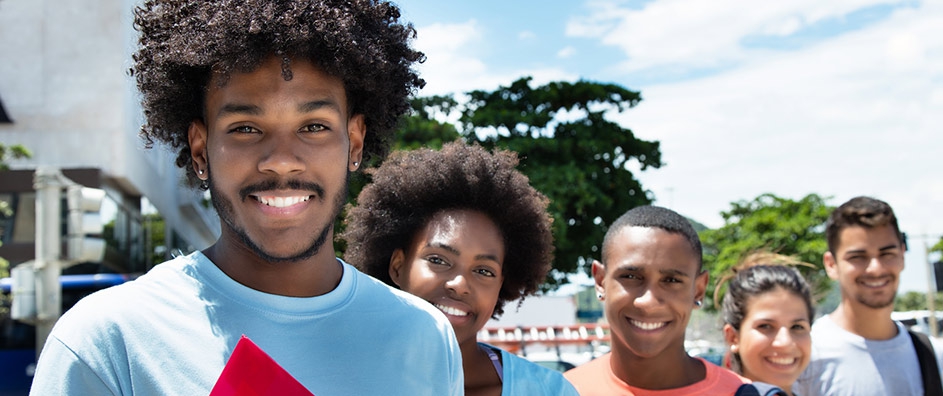

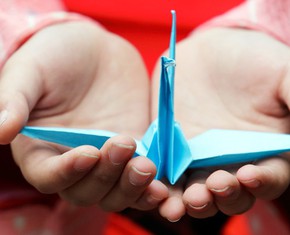
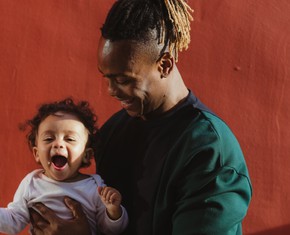








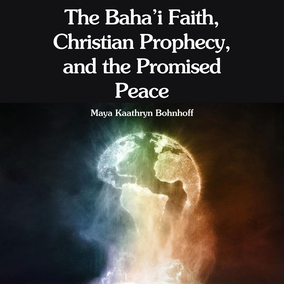

Comments
Sign in or create an account
Continue with Googleor